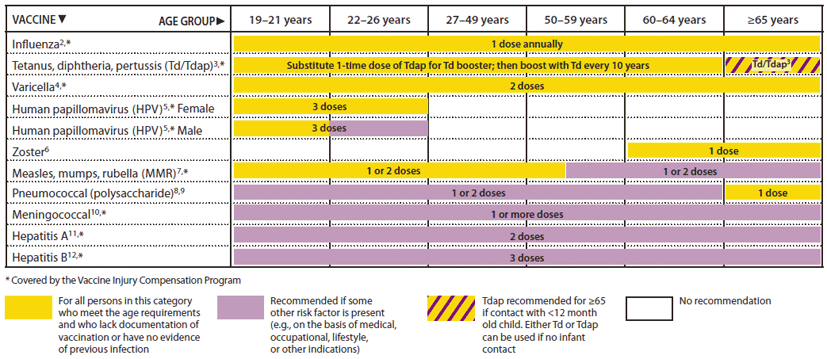The MMR vaccine is an easy to administer vaccine against measles, mumps, rubella, and congenital rubella syndrome (CRS). The first dose is usually given to infants around nine months of age with a second shot at nine to twelve months of age with about four to six weeks between. This vaccination is very effective in preventing mumps and measles.
Mumps is caused when your body produces the human-bovine-virus, which affects your brain, kidneys, and bones. Mumps is not a serious condition. However, it is embarrassing, painful, and can be transmitted sexually.
Mumps is caused by the human-bovine-virus, which affects the brain, kidneys, and bones
Mumps is not a serious condition. However, it is embarrassing, painful, and can be transmitted sexually. The symptoms of mumps are swelling of the lymph glands or groin, loss of appetite, tiredness and weight loss.
CRS is caused by the human-bovine-virus, which causes cervical cancer in the cervix. CRS has a five-year incubation period. If left untreated, CRS can lead to cervical cancer.
Rubella is caused by the rubella virus, which can cause a number of serious symptoms, including diarrhea, vomiting, abdominal cramps, fever, swollen glands, hair loss, skin rashes, and hearing and vision impairment. Rubella causes about 1% of cases of congenital rubella syndrome in which the child is not sick.
The symptoms of mumps and rubella are similar, but often difficult to tell apart, especially if you've never had a seizure before. Rubella is easier to detect because it causes many of the same symptoms as mumps. You may feel hot, tired, swollen glands, loss of appetite, or loss of appetite.

Rubella is easy to prevent without getting pregnant
It is not known exactly how mumps is sexually transmitted. It is believed that if you have sex with an infected partner and have not been tested for the virus, you can pass it on to your partner. If you do pass it on, it could be sexually transmitted to someone else. However, there is no evidence that it has ever been found to spread from person to person through sexual intercourse.
If you think you may have caught mumps or rubella, you should notify your doctor as soon as possible. Your doctor will advise you on what to do, including how to protect yourself, your children, and your partner. Currently, mumps vaccines can be safely avoided, and in fact, some doctors say that people who have never had mumps are more likely to get infected than those who have had a seizure.
There are several different treatment options available for both Mumps and Rubella. Some options involve a course of antibiotics, others are non-steroidal anti-inflammatory drugs (NSAIDs), while some will simply aim to reduce the pain, swelling, and discomfort from the disease. No matter the course of treatment, there are ways to avoid contracting the disease. If you are unsure what to do, you can get a second opinion.
The immune system plays a big role in whether or not you contract either of these diseases. One of the best ways to fight them is through vaccination, which can help to boost your immune system's ability to ward off them. Many adults who have been vaccinated for these diseases have been able to remain healthy for many years after the attack.
Mumps and Rubella vaccine are also a common way to protect your family against these two diseases. If you decide to use a vaccine, it is important to remember that you will need to have this shot as a series of shots rather than one at a time. Having your entire series up front can reduce the chances of any unwanted side effects that come with them.
Rubella and Mumps vaccines work in different ways to bring relief from the pain and symptoms of the infections. Both vaccines have to be used in combination to ensure the best effect. In a pinch, some of the treatment options mentioned above will also be effective, but in some cases, especially if the attacks happen very often or if they are caused by the same strain of virus, a booster shot may be needed.
Other conditions, such as Rheumatoid Arthritis, Lupus, and Cholera, also have the potential to be helped by vaccination. It is also possible to treat the illness before it occurs, through a course of medication, which may not be covered by your insurance. In some states, a doctor may be required to obtain a prescription before providing an Mumps and Rubella vaccination for a patient suffering from these illnesses.
